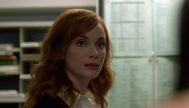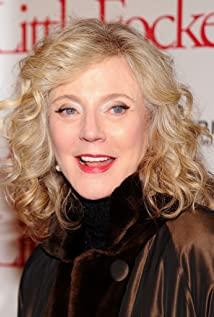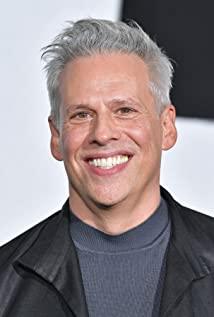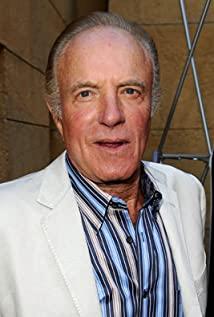Camus wrote in his book The Myth of Sisyphus: "The sense of absurdity erupts from the comparison of a state of action with a certain reality; an action and a world beyond that action. . . . The absurd is fundamentally a kind of divorce*...The absurd does not exist in man, nor in the world, but in the expression of both. The absurd is what now connects the two The only one." It can be said that in Camus' understanding, the absurd is more like a relationship between people and the external world, and this relationship cannot be analyzed with reason, so Camus realized the conclusion of this "absurd" Relationships are the truth of God's creation of the world.
According to another expression of the absurd by Camus, it is a profound "contradictory" relationship with the real world for the "impossible" realization of one's own desires in the real world. This relationship is "irrational". Sex" can be called "ridiculous". So from that point I tried to do a job that wasn't huge or difficult, which was to deconstruct a few of the main story lines in the film that made up absurd relationships.
The first is the male protagonist, the temporary substitute teacher played by Adrein Brody, Mr.Barthes (Henry Barthes). In his childhood, he implied an uneasy knot, his feelings for his mother, and the unknown speculation about the cause of his mother's death. There is also the forgiveness and unforgiveness of the grandfather. Many emotions are mixed together like a boulder that weighs heavily on the bottom of his heart, but from time to time, when night falls, it strikes melancholy like a plum rain.
“The park is now empty and bare with an abandoned shame about it.
The jungle gym, the slide and the swing have all rusted together.
We're all so terribly alone now.
Where did all the children go?
Didn't they know the park needed them?
A child's intelligent heart can fathom the depths of many dark places.
But can it fathom the delicate moment of it's own detachment?"
Henry couldn't read a single word in that notebook after his grandfather died , with a little regret, but also admitted the paradoxical absurdity of this.
Then, Henry met Erica, a lost girl who had an inexplicable intersection with him and finally fell in love with Henry. The absurdity is that two people who seem to be strangers are connected.
As for Mereidth, who likes Herny and is Herny's student, but uses suicide to break away from the absurd, it seems that suicide becomes an inference of any absurdity.
That's the absurdity about Henry.
As for Mereidth's absurdity, the best manifestation is the scene captured by the director. At that time, the camera cut directly to Mereidth hiding in the toilet and stealing food, so this kind of behavior that is not recognized in the family and school is against Mereidth. My own expectations were contradicted, and the sense of absurdity struck again. Mereidth wants to stop being called a "diet bitch" and wants to be in Princeton someday, he complained in an argument with his father that he was born fat, but God created Mereidth and everyone in this world with this absurdity People, you, me, or him. So suicide became an option for her to admit the absurdity.
The last thing I want to talk about is Mr. Seaboldt, the backup dean with a great sense of humor. He is the only one who responds to absurdity with absurdity. This may also be the reality of his acknowledgment and acceptance of the absurdity of life.
It ends with the words of Camus quoted at the beginning of the film.
"And never have I felt so deeply at one and at the same time so detached from myself and so present in the world."
Note *
The word "divorce" in the English version uses "divorce" instead of "detach" .
View more about Detachment reviews











